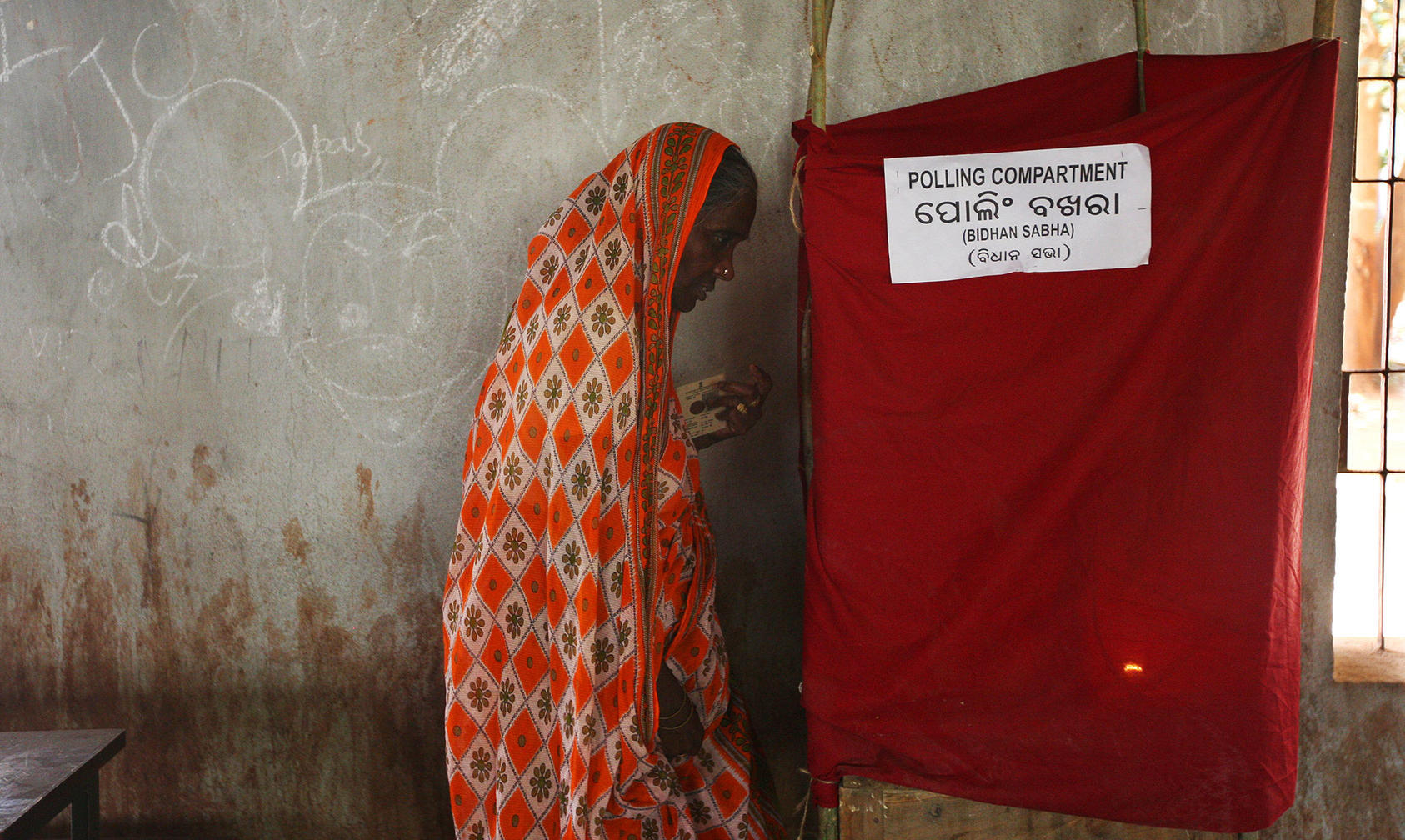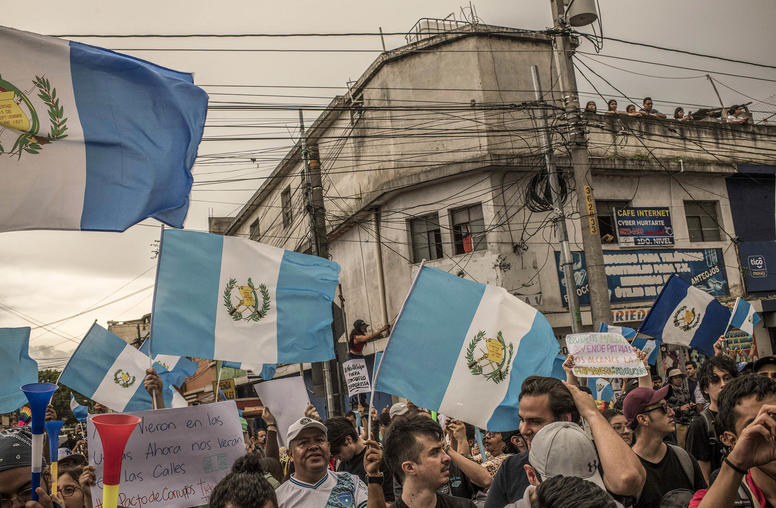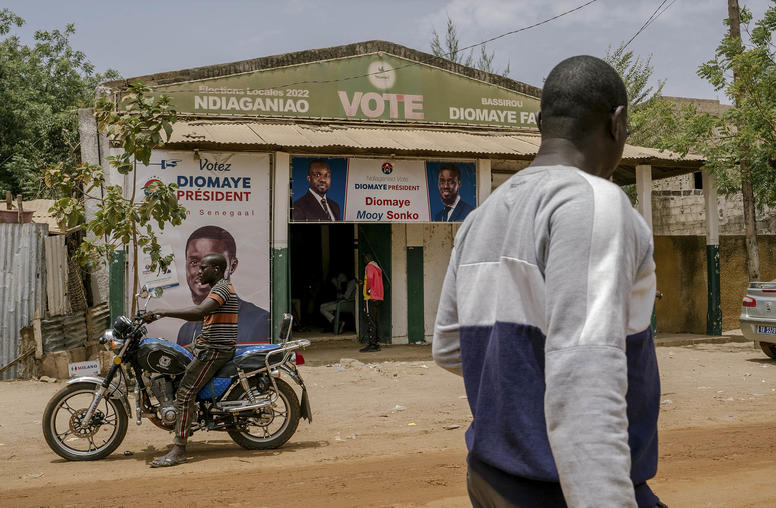Good Governance after Conflict: Micro-Course
The aim of this micro-course is to provide participants with a quick overview of the challenges and opportunities in achieving good governance within the complex context of conflict affected societies.

Course Overview
By the end of this course, participants will be able to:
- Identify key dimensions of governance.
- Describe the types of corruption and the challenges that arise from each.
- Explain the interrelationship between rule of law, democracy, human rights and governance.
- Discuss the role of civil society in transition environments.
Agenda
Section 1 - Introduction
Introduces the importance of governance through real-world stories and asks the learner to reflect on their prior knowledge.
Section 2 - Pillars
Looks at the main concepts that shape how good governance is understood to provide a holistic perspective.
Section 3 - Tools
Introduces the primary tools and approaches to good governance, paying special attention to the variety of approaches to governance that can be applied in post-conflict environments.
Section 4 - Application
Explores how the key themes of this course apply to real-life cases by examining democratic transitions and the four steps to sustainable governance.
Section 5 - Conclusion
Provides a space for self-reflection and tests retention while earning a certificate.
Course Instructor
- Debra Liang-Fenton, Consultant and former Senior Program Officer, U.S. Institute of Peace



